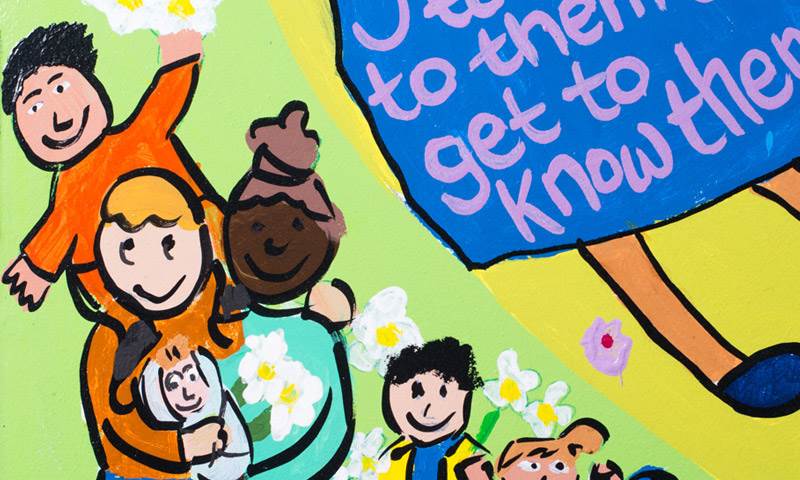Our website uses Cookies - by using this site or closing this message you're agreeing to our Terms & Conditions, Cookie Policy and Privacy Policy
xNew policy brief on access to education, healthcare and housing for children and families in 2020
Date: 1st March 2021
Category:
Child poverty, Social security, Mental health, Health and health services

Eurofound has published a new policy brief which presents evidence of some of the changes that children and families have experienced during the COVID-19 pandemic. It considers access to education and healthcare, caring responsibilities, mental health and housing security.
The aim of the policy brief is to document the changes that have taken place in the 27 EU member states up until July 2020 and offer some policy pointers on how to improve the accessibility of services in the framework of the EU Child Guarantee.
The brief’s key findings include:
- Informal care and education duties increased for all parents during the pandemic but especially for women and single parents. Single mothers with children under 12 spent more hours per week caring for children during this pandemic than parents in other households.
- The educational supports put in place during the pandemic to facilitate online learning were widespread but not found satisfactory by most Europeans.
- The life satisfaction reported by families in 2020 was lower than in households without children. This was in comparison to data received prior to the COVID-19 pandemic which showed the reverse.
- Europeans with children in their household reported a greater use of healthcare services delivered online or by telephone than those households without children.
- The proportion of single parents reporting financial difficulty in both rent or mortgage repayments and utility bills was approximately twice the average of the total population.
The full policy brief can be read here.
